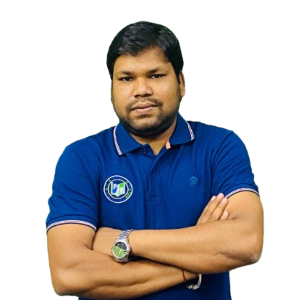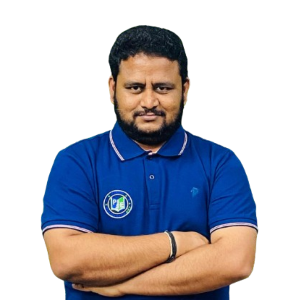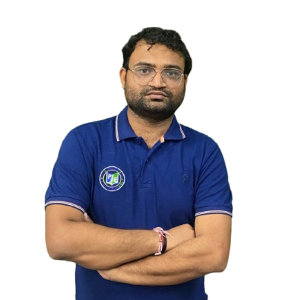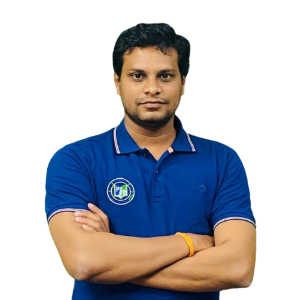For more than three decades, pratishtha has been the top choice when it comes to a GATE coaching centre. Of all the GATE coaching centres in bangalore,pratishtha has consistently held the title of the best GATE coaching centre. With multiple course options,pratishtha provides test preparation tailored to every student's needs. From scholarships for GATE coaching fees to expert faculty, pratishthaaims to help students at every step of their GATE journey.
It includes three major sections besides general aptitude and engineering mathematics. The important sections under the GATE Syllabus for Mechanical Engineering are manufacturing and industrial engineering, fluid mechanics, thermal science and materials, and applied mechanics design.










